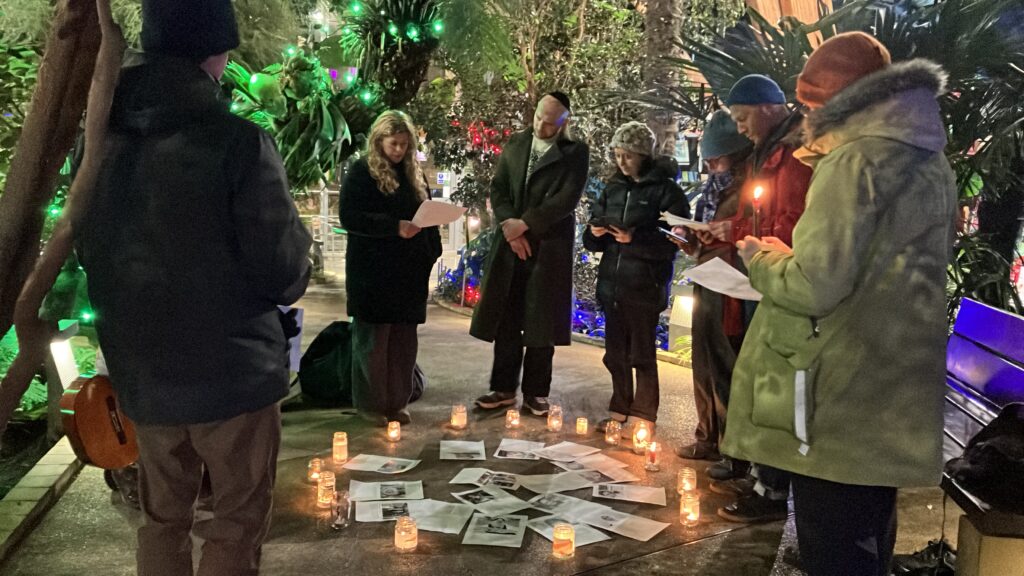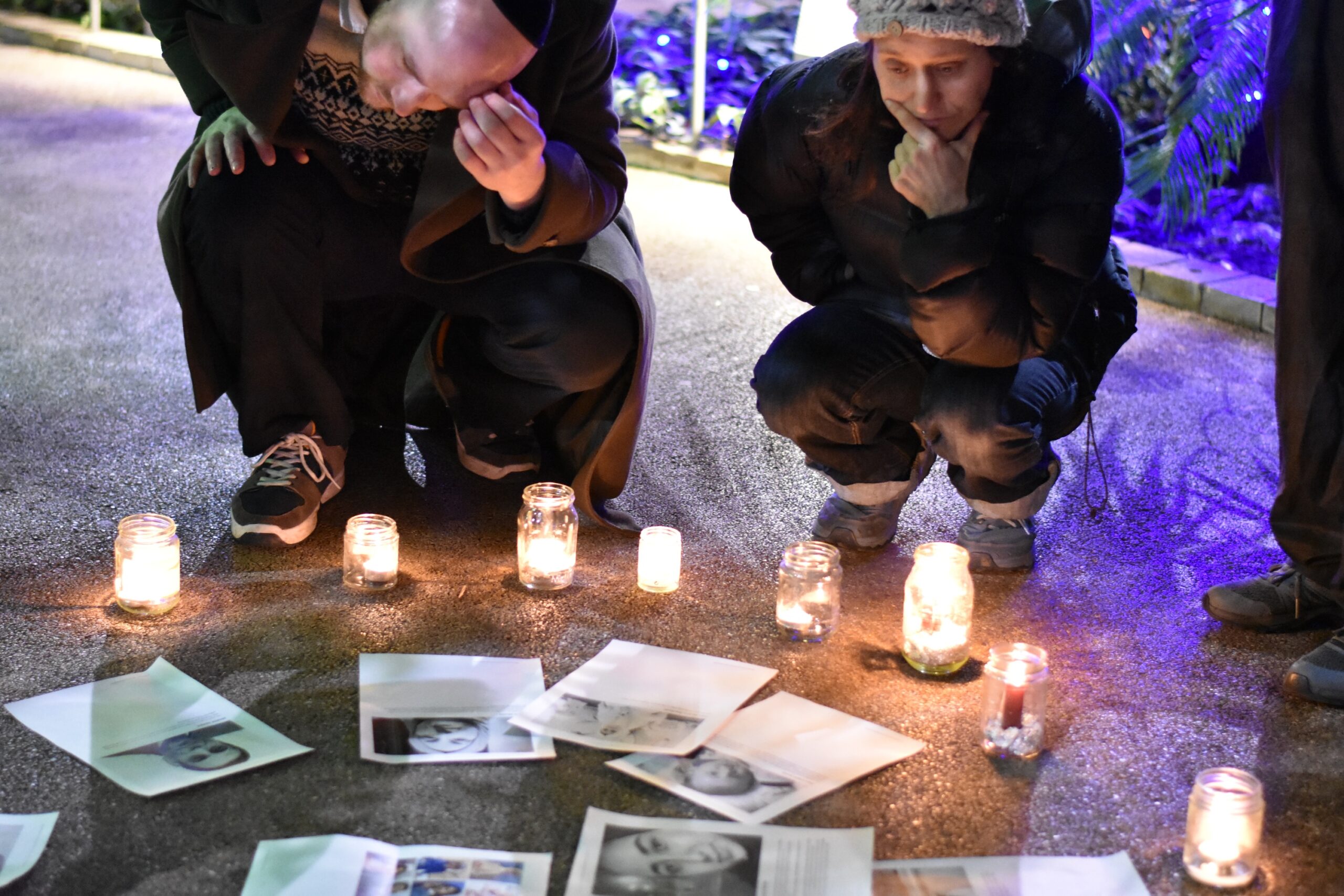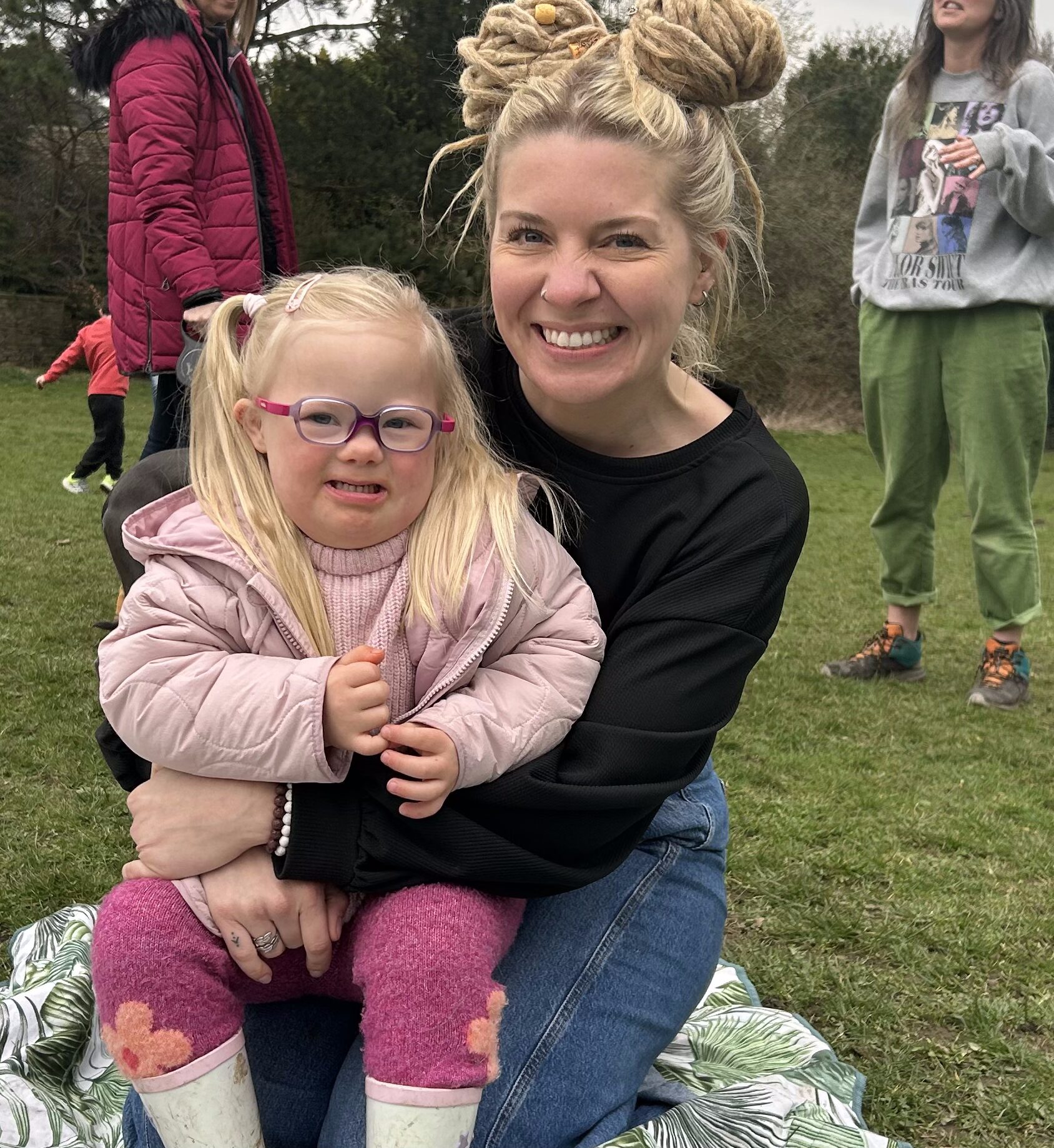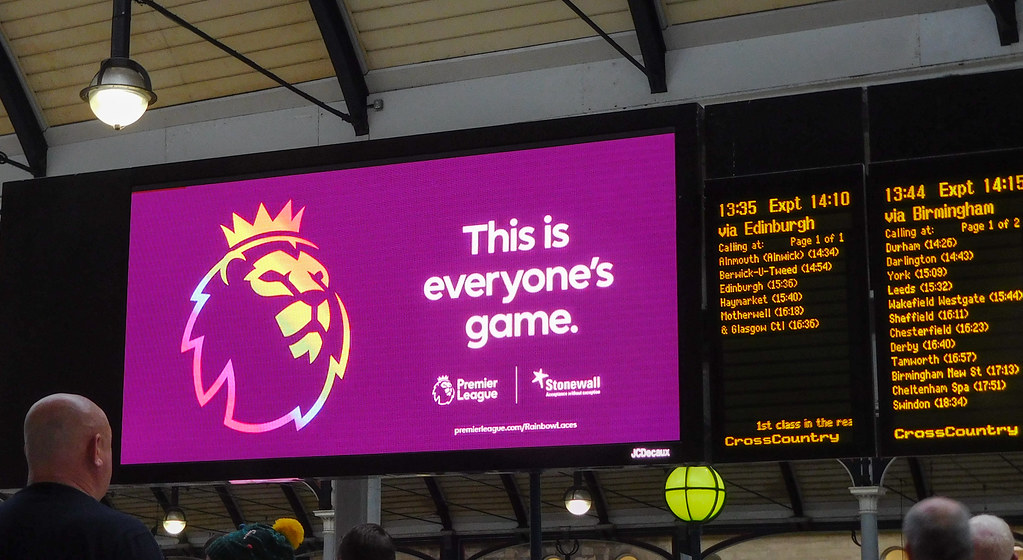As the conflict between Israel and Gaza rages on, a group of Jewish Sheffielders came together to grieve both Palestinian and Israeli dead.
In the Winter Garden on Wednesday night, the group paid their respects by lighting candles as they read the names of men, women and children killed. Then they recited the Jewish mourning prayer, the Kaddish.
Before lighting her candle, one young woman, who chose to remain anonymous, made a statement: “We are here today to mourn and to dream of a better future for all who live on the land between the river to the sea.
“There is a Jewish Talmudic phrase, ‘Each life destroyed, it is as if a whole world is destroyed.’ We are here to mourn the loss of every life, for each life lost – is a whole world lost. However we know that only an end to the oppression of the Palestinian people can prevent the loss of more lives.”
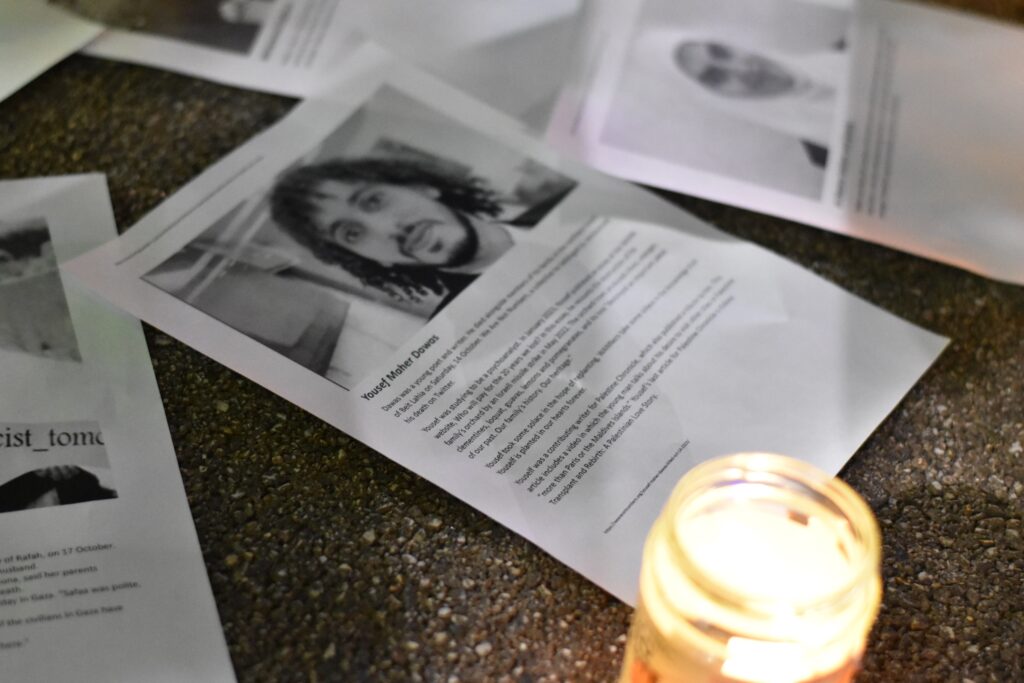
Sheffield has a small Jewish community, with less than 800 recorded in the 2011 census. Source: Rei Takver
The Sheffield vigil came ten days after Na’aamod UK, “a movement of Jews in the UK seeking to end our community’s support for Israel’s occupation and apartheid,” held the largest Jewish-led ceasefire rally in British history. That day, 800 Jewish activists rallied in a London park demanding a hostage deal, an end to the Gazan siege, and an end to antisemitism and Islamophobia.
Describing the Sheffield vigil, Maya Brown, a Community Development Worker for the Sheffield Reform Synagogue, said: “Naming the dead felt poignant, painful. But that’s part of the power. It’s a place to hold the pain.”
Sheffield’s Jewish community is very small, with only 757 Jewish residents listed in the 2011 census.
Max Munday, who helped organise the Sheffield vigil, said: “There are Jews in Sheffield who are desperately saddened by the violence against Jewish Israelis, but also the reaction by the Israeli military, the huge loss of life among Palestinian communities.”
In October, a group of Jewish Sheffielders, including Mr Munday and others from the vigil, wrote a letter to their MPs conveying their “strong and complicated feelings” about the conflict and urging an end to violence.
The letter said: “It is important that the grief of Jews – here, in Israel, and worldwide – becomes the basis for empathy and a just peace, rather than violent vengeance that will not lead to healing for anyone.”
